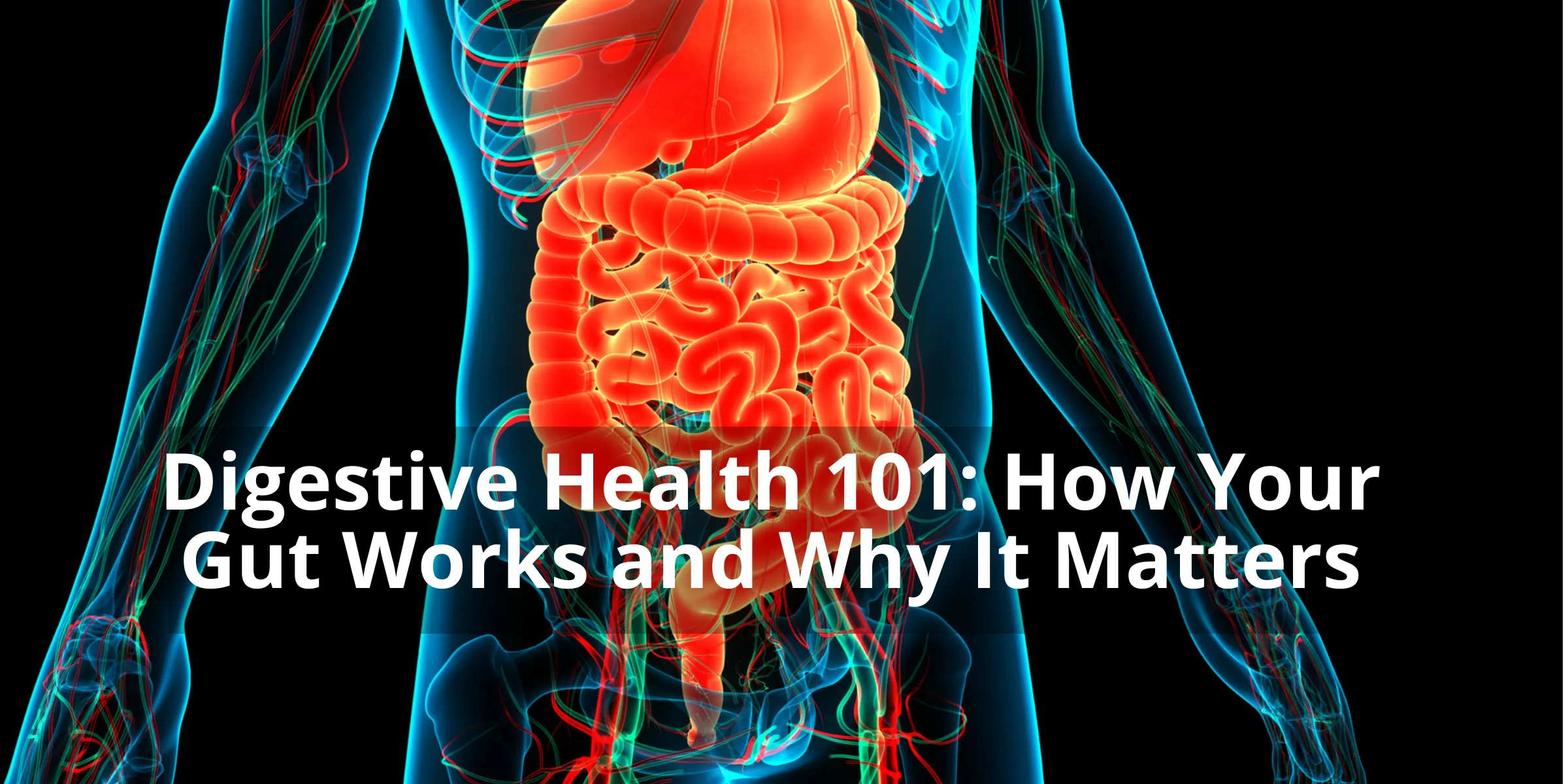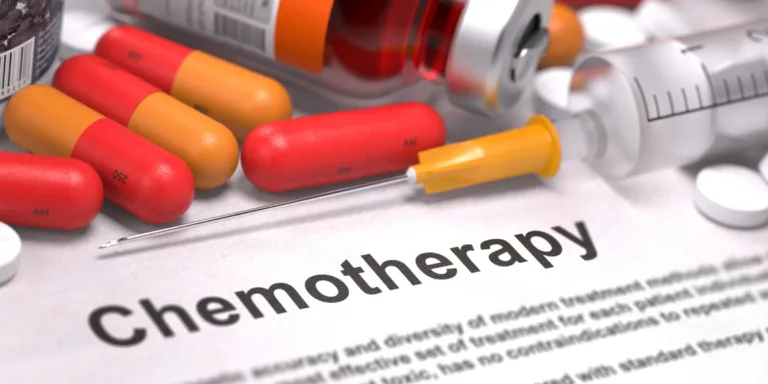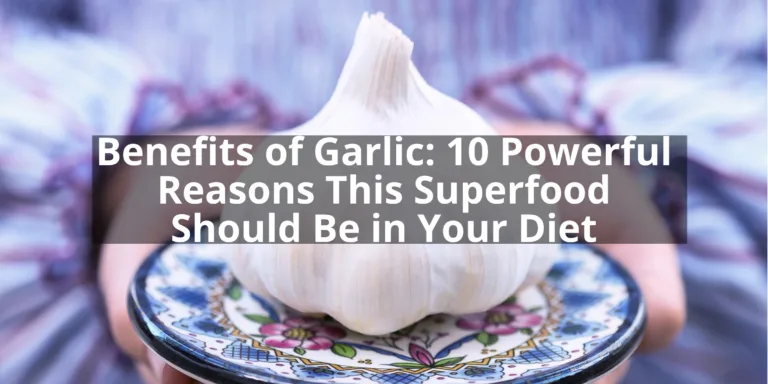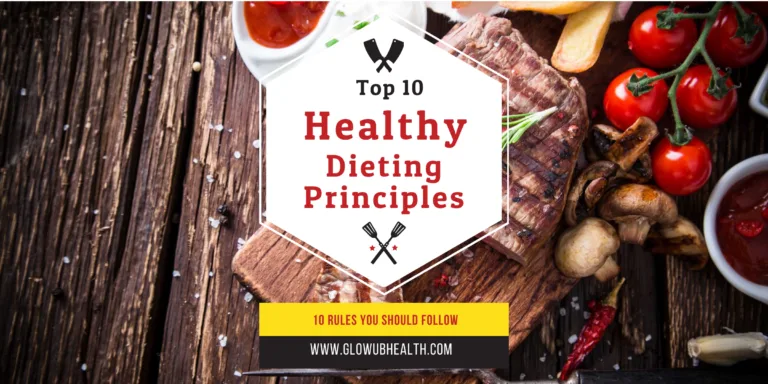Digestive Health 101: How Your Gut Works and Why It Matters
Your gut does a lot more than just digest food—it’s the unsung hero behind your energy, immunity, and even your mood. It’s where your health story really begins.
Think of it this way: if your gut isn’t in top shape, even the healthiest diet can fall short. That’s because digestion isn’t just about breaking things down—it’s about absorbing the nutrients that fuel every cell in your body and supporting the balance that keeps your mind and immune system strong.
In this guide, we’ll dive deep into how your digestive system works, why it matters more than you might think, and the simple, science-backed steps you can take to support a healthier, happier gut—starting today.
This article is intended for informational purposes only and does not constitute medical advice. For personalized recommendations regarding your digestive health, consult a qualified healthcare provider.
Introduction: Why Digestive Health Should Be Your Priority

Ever felt sluggish, bloated, or simply off your game? Your gut might be trying to tell you something. Digestive health isn’t just about avoiding discomfort. It’s the key to physical, mental, and emotional well-being.
The Gut’s Impact on Overall Health
- Immunity: Around 70% of your immune system resides in your gut.
- Mental Health: Your gut produces 95% of your body’s serotonin, the hormone that regulates mood.
- Weight Control: Gut health influences metabolism and fat storage.
Read More: Green Tea That Helps You Lose Weight: 10 Incredible Benefits You Need to Know!
Poor gut health doesn’t just cause digestive issues; it’s linked to conditions like diabetes, depression, and autoimmune diseases. Prioritizing digestive health is a game-changer for overall wellness.
The Digestive System: A Step-by-Step Breakdown
What Happens During Digestion?
Digestion is an intricate, step-by-step process that transforms food into nutrients your body can use.
| Organ | Role in Digestion |
|---|
| Mouth | It all starts here. Saliva contains enzymes that begin breaking down carbohydrates. |
| Esophagus | Peristalsis, or wave-like muscle contractions, pushes food to your stomach. |
| Stomach | Acid and enzymes break down proteins, preparing food for further processing. |
| Small Intestine | The star of nutrient absorption, aided by the liver, pancreas, and gallbladder. |
| Large Intestine | Water and electrolytes are absorbed, and gut bacteria ferment fiber. |
| Rectum | The final stop for waste before elimination. |
Key Organs in Digestion
- Liver: Produces bile, essential for fat digestion.
- Pancreas: Releases enzymes that break down proteins, fats, and carbs.
- Gallbladder: Stores and releases bile as needed.
Each organ works harmoniously to keep your digestive system efficient.
Gut Health: The Hidden Hero of Well-Being
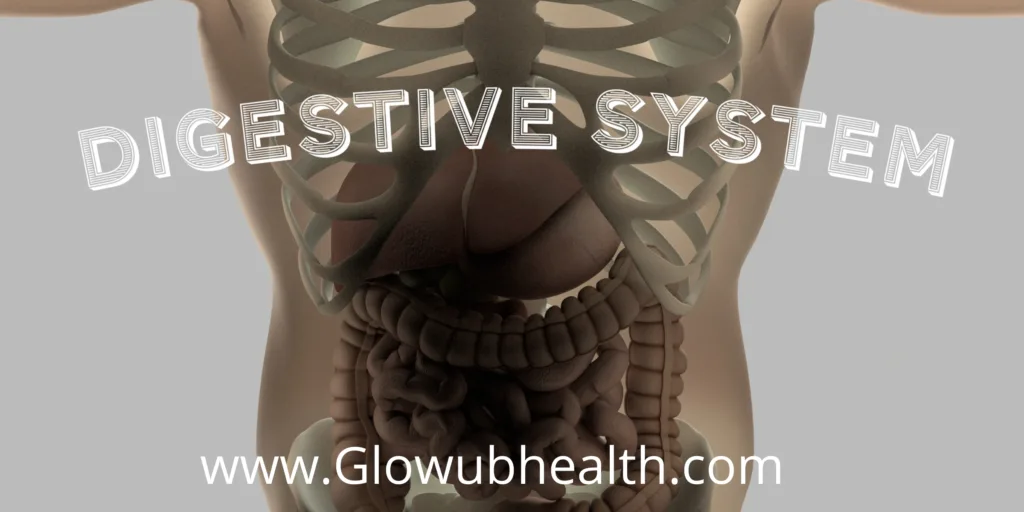
The Gut Microbiome Explained
Your gut microbiome is a bustling community of trillions of microorganisms. These bacteria, fungi, and viruses are vital to digestion, immunity, and even mental health.
Functions of a Healthy Microbiome:
- Breaks down fiber: Produces short-chain fatty acids that fuel your colon.
- Fights pathogens: Balances harmful bacteria and boosts immunity.
- Creates essential nutrients: Like vitamin K and B vitamins.
An imbalanced microbiome can lead to bloating, fatigue, skin issues, and more severe health conditions.
The Gut-Brain Axis: The Science of Mood and Digestion
Your gut and brain are in constant communication through the vagus nerve and chemical messengers.
- Stress and Digestion: Chronic stress disrupts gut motility and microbial balance, creating a vicious cycle.
Read More: Manage Stress: 7 Effective Techniques to Reduce Daily Tension
- Serotonin Production: A healthy gut supports better mood regulation.
What Affects Digestive Health?
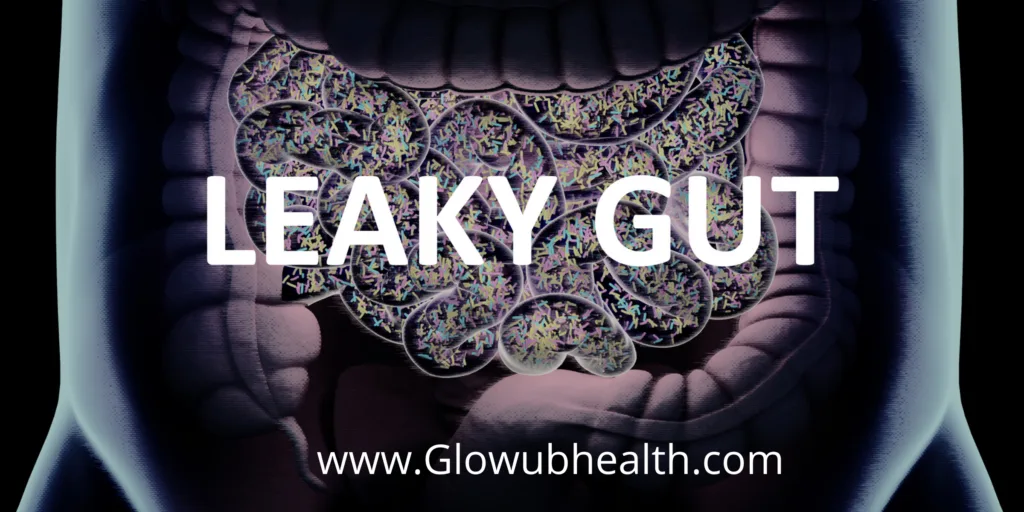
Lifestyle and Dietary Choices
- High Sugar Diets: Promote bad bacteria overgrowth.
- Low Fiber Intake: Slows digestion and causes constipation.
- Alcohol and Smoking: Irritate the stomach lining and harm microbiota.
Medications and Gut Imbalance
- NSAIDs: Prolonged use can damage the stomach lining.
- Antibiotics: Wipe out beneficial bacteria along with harmful ones.
The Role of Probiotics, Enzymes, and Gut Health Supplements
Probiotics: Restoring Balance
Probiotics are live microorganisms that replenish your gut’s good bacteria.
Benefits:
- Improve digestion and immunity.
- Reduce bloating and gas.
- Support mental health.
Sources:
- Supplements: Choose high-quality probiotic multi-enzyme formulas for targeted support.
- Fermented foods like yogurt, kimchi, and sauerkraut.
Digestive Enzymes: Your Digestive Superheroes
Digestive enzymes break down food molecules, making nutrients easier to absorb.
Common Enzymes and Their Roles:
- Lipase: Fats.
- Amylase: Carbohydrates.
- Protease: Proteins.
Strategies for Better Digestive Health
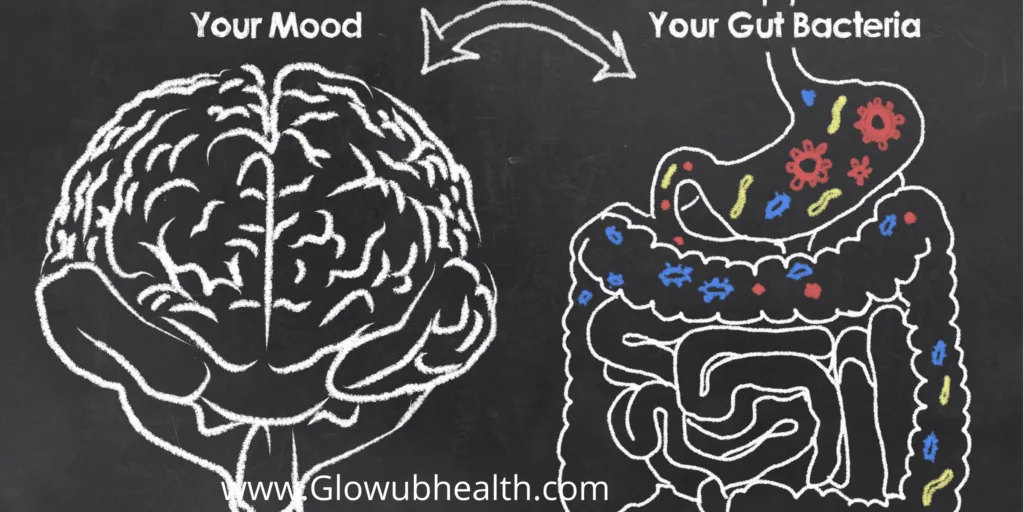
15 Proven Tips to Boost Gut Health
| Tip | Smart Insights for Gut Health |
|---|
| Eat a Fiber-Rich Diet | Think of fiber as your gut’s favorite fuel. Foods like whole grains, vegetables, and legumes nourish beneficial bacteria and promote regularity. |
| Stay Hydrated | Water isn’t just for quenching thirst—it helps food move smoothly through your digestive system, reducing bloating and constipation. |
| Incorporate Fermented Foods | Foods like kimchi, kefir, and miso are alive with probiotics, helping your gut thrive by maintaining a balanced microbiome. |
| Chew Thoroughly | Digestion begins in the mouth! Proper chewing allows enzymes in saliva to break down food, easing the workload on your stomach. |
| Exercise Regularly | Regular movement does more than tone muscles—it keeps your gut active, improving motility and digestion. |
| Manage Stress | Stress wreaks havoc on your gut. Practices like yoga or meditation act as a reset button, calming the gut-brain axis. |
| Avoid Processed Foods | Processed foods are like junk mail for your gut: full of additives and trans fats that disrupt your microbiome and digestion. |
| Introduce Probiotics | Probiotics, whether from yogurt or supplements, are like planting seeds of good bacteria to cultivate a healthy gut garden. |
| Use Digestive Enzymes | Struggling with food intolerances? Digestive enzymes can act as your gut’s helper, breaking down tricky proteins or fats. |
| Limit Antibiotics | Antibiotics are gut disruptors. Use them only when essential to avoid wiping out beneficial bacteria. |
| Consume Prebiotics | Garlic, onions, and other prebiotic-rich foods act as fertilizers, feeding the good bacteria in your gut. |
| Quit Smoking | Smoking isn’t just bad for lungs—it disrupts the delicate balance of your gut microbiome, hindering digestion and nutrient absorption. |
| Limit Alcohol | Your gut loves moderation. Excess alcohol irritates your gut lining and reduces the diversity of your microbiome. |
| Track Food Sensitivities | Your gut sends signals when something’s off. A food diary helps identify triggers, allowing you to eat smarter. |
| Get Quality Sleep | Sleep isn’t just restorative for your brain—it rejuvenates your gut, strengthening its bacteria and improving digestion. |
Conclusion
Gut health isn’t just about digestion—it’s a key part of how you feel every day, from your energy levels to your mood and even your immune strength.
The good news? Taking care of your gut doesn’t have to be complicated. With simple habits like adding more fiber, enjoying fermented foods, managing stress, and staying active, you can make a big difference over time.
It’s those small, steady changes that add up to real results. So listen to your body, aim for balance, and take those daily steps to support your gut.
Because when your gut is happy, the rest of you feels it too. Start today—your future self will thank you.
FAQ
Q1: What is digestive health, and why is it important?
Digestive health refers to the proper functioning of your digestive system, which includes organs like the stomach, intestines, and liver. It’s essential because it ensures your body absorbs nutrients, eliminates waste, and supports overall health, including immunity and mental well-being.
Q2: How can I tell if my gut health is poor?
Signs of poor gut health may include bloating, constipation, diarrhea, food sensitivities, frequent fatigue, skin issues, or weakened immunity. If these persist, consult a healthcare professional for evaluation.
Q3: Are probiotics and prebiotics the same?
No, they’re different but complementary. Probiotics are live beneficial bacteria found in foods like yogurt, while prebiotics are the fibers that feed these bacteria, found in foods like garlic, onions, and bananas.
Q4: How do stress and sleep affect gut health?
Stress can disrupt the gut-brain axis, leading to imbalances in gut bacteria and digestion issues. Similarly, poor sleep reduces microbiome diversity and weakens digestion. Managing stress and getting quality sleep are critical for gut health.
Q5: Are gut health supplements necessary?
Supplements like probiotics and digestive enzymes can help, especially if you have specific issues like food intolerances or poor microbiome diversity. However, focus on a balanced diet first, as whole foods provide the foundation for gut health.
Q6: Can exercise really improve gut health?
Yes! Regular physical activity enhances gut motility, improves digestion, and supports a diverse microbiome. Aim for at least 30 minutes of moderate exercise most days.
Q7: How do antibiotics impact gut health?
Antibiotics can kill both harmful and beneficial bacteria, disrupting the microbiome’s balance. Use them only when necessary, and consider taking probiotics during and after antibiotic treatments to restore gut health.
Q8: What foods should I avoid for better digestive health?
Limit processed foods, artificial additives, trans fats, and excessive alcohol. These can disrupt your gut bacteria, irritate your digestive lining, and lead to poor digestion.
Q9: Can I improve my gut health quickly?
While you may notice some improvements within weeks of dietary and lifestyle changes, optimal gut health requires consistent effort over time. Focus on gradual, sustainable habits.
Q10: When should I see a doctor about digestive issues?
If you experience persistent digestive problems like severe bloating, abdominal pain, unexplained weight loss, or changes in bowel habits, consult a healthcare provider. These may indicate underlying conditions that require medical attention.
